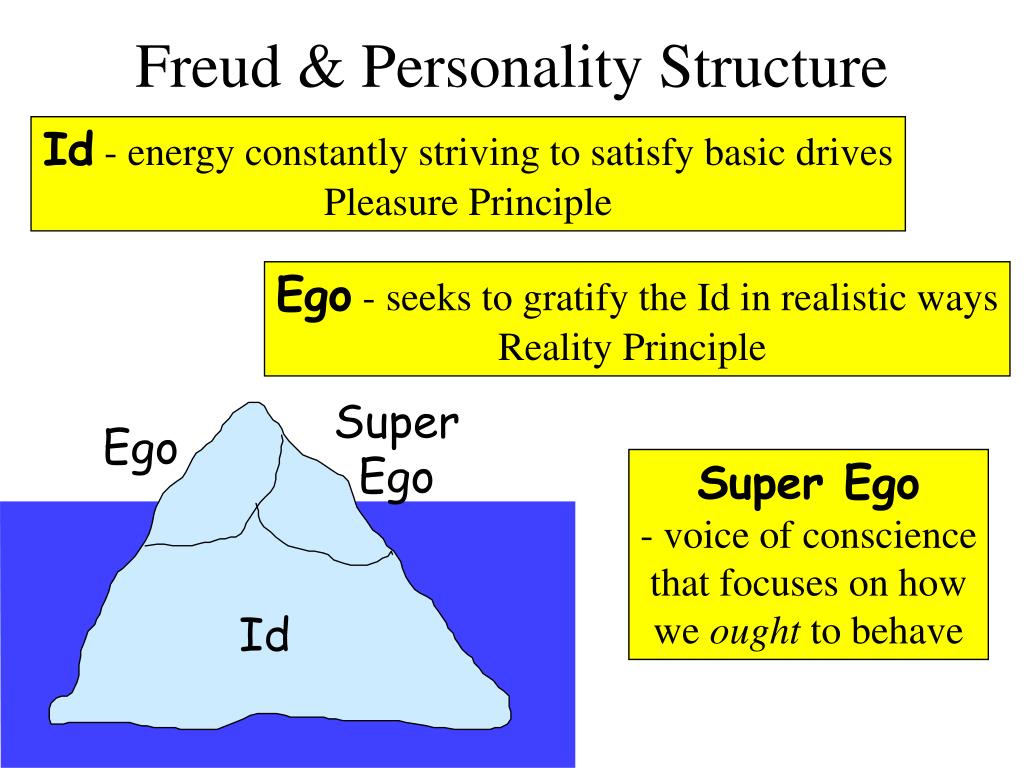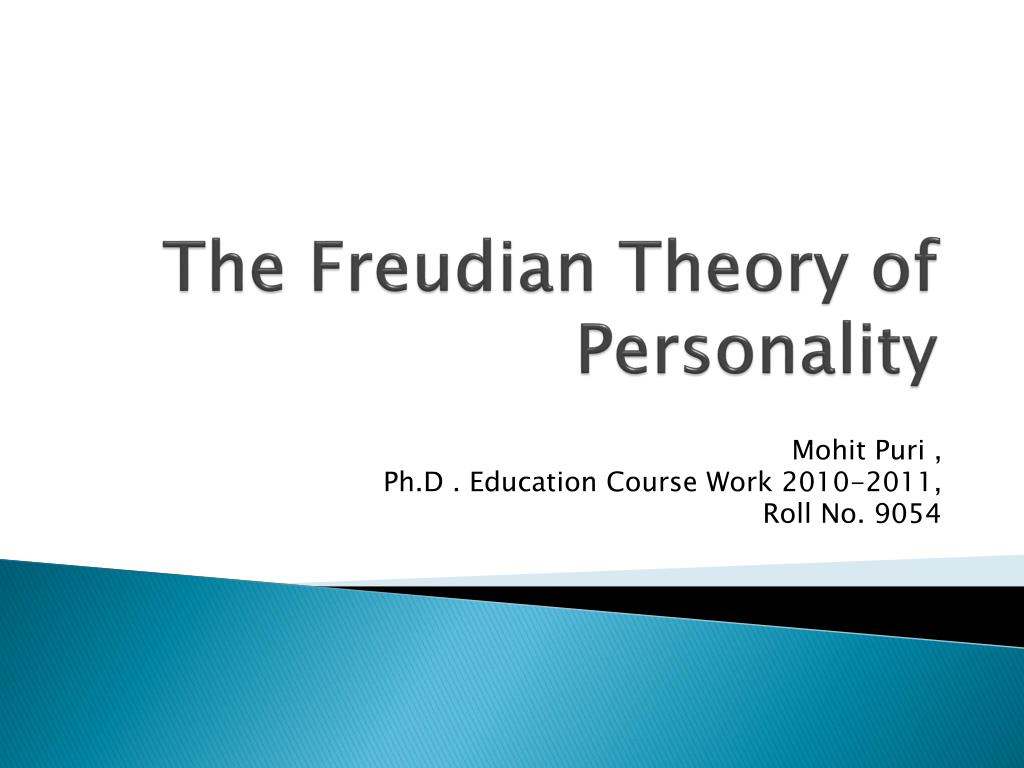

H… Difference Principle, Difference Principle An order of before and after is found in many things and in different… Archimedes Principle, Archimedes' principle Observation by Archimedes that a body immersed in a fluid is pushed up by a force equal to the weight of the displaced fluid. Something first in a certain order, upon which anything else follows. New Introductory Lectures on Psychoanalysis. The real concept of understanding people is. Everything is based on the concept of cause and effect.

People are really SIMPLE, and in today’s culture, we all have made this fact very difficult to understand. The reality principle opposes many of these promptings, denying them altogether or postponing gratification either until a socially appropriate time (waiting until a meal to eat) or so that greater pleasure may be achieved in the long run (studying for a degree or training for a sport). The pain and pleasure principle stated by Freud says that human actions are motivated by one rule to avoid pain and gain pleasure.


The promptings of the pleasure principle, which are often compared to the demands of a child, seek immediate gratification and are ungoverned by social or moral rules. However, it is held in check by the ego, operating on the opposed reality principle, which mediates between the primitive desires of the id and the constraints of the external world. The id, which operates on the pleasure principle, is the instrument for discharging these tensions. The ego is the rider, constantly tugging on the reins of the id in order to steer a person to act in ways that are acceptable and. Freud described the pleasure principle in terms of the need to discharge or reduce tensions -experienced as pain or discomfort - created internally or by external stimuli. Freud often compared the relationship of the id and the ego to that of a horse and rider: The horse represents the id, ruled by the pleasure principle and providing the energy to race to satisfy needs and desires. It arises from the desire for unrestrained expression of both the life instinct (Eros) associated with sexuality and the death instinct (Thanatos) associated with aggression and destructiveness. As a publication which takes the interrogation of thought and culture seriously, the aim was always to encourage the expression of ideas which transgress the boundaries of discipline, form and convention.The theoretical principle that humans make decisions to seek pleasure and minimize pain.Īmong other principles, Freudian psychology states that there is a basic human tendency to seek pleasure and avoid pain. Our scope was open and polymorphous and as we were embracing academic, theoretical, critical, artistic and creative reflections, reassessments, contestations and comments in textual, visual and multimedia form. This body of the work was published by The Drouth as part of our week-long séance with the legacy of Freud and this significant text. Throughout the week, we published, hosted and curated creative and critical gestures which respond to Beyond the Pleasure Principle and its afterlives, from the vantage point of our contemporary moment. Glasgow School of Art and The Drouth marked the occasion with a week-long online programme which will reached its climax on Saturday 5th December with an online symposium. The publication of this work marked a significant moment in his theoretical development, it is within these pages that Freud formulated the dialectic between Eros and Thanatos within the human psyche. While Freud did not explicitly make this claim, one may regard Beyond the Pleasure Principle (1920) as the first, still somewhat tentative resolution of the. 2020 marked 100 years since the publication of Sigmund Freud’s landmark text Beyond the Pleasure Principle.


 0 kommentar(er)
0 kommentar(er)
